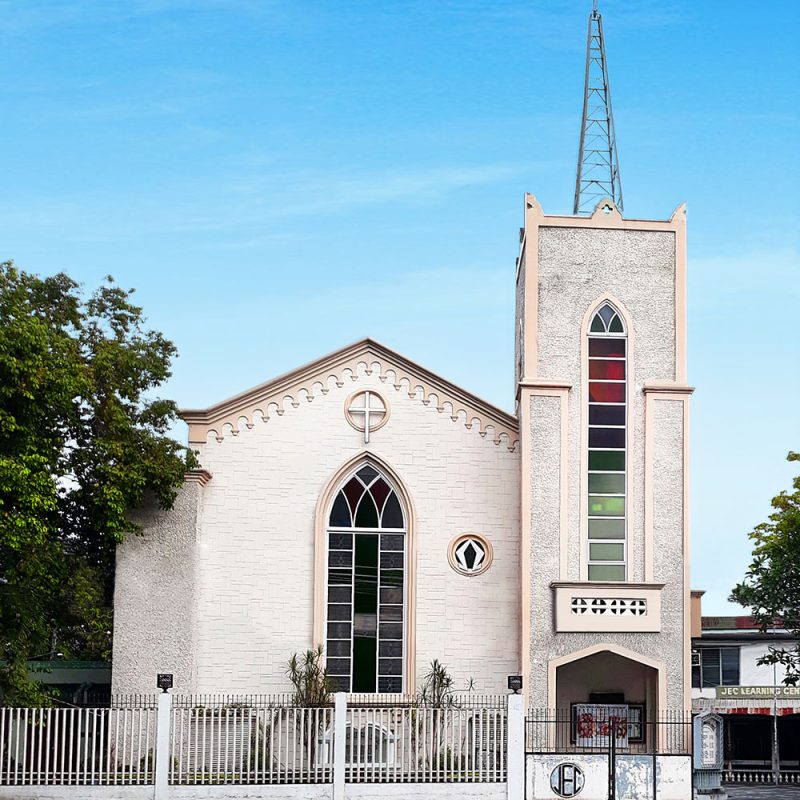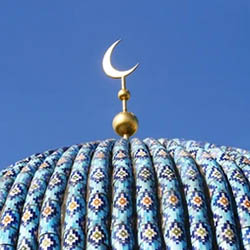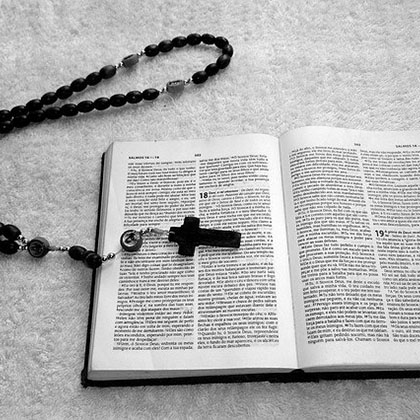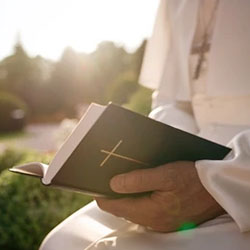All the world’s major religions (Catholic, Protestant, Anglican, Islamic and others) support voluntary and ethical deceased organ donation, which is the highest form of love and kindness towards fellow human beings. A person who wants to help and donates his or her organs, thus enabling another person in need to receive treatment and live, is doing a good and very noble work. People of faith are given life and it is right that they can pass it on.
Donating organs is never a religious duty, but a voluntary decision made by an individual.
All religions condemn and do not permit coercion, immoral behaviour and abuse in the area of organ donation. Parts of the human body must not be used for financial or other gain. Organ donation, which is ethically and morally acceptable, must focus on treatment and be carried out with all respect and dignity for the deceased.
After an organ donation, a ritual and prayerful farewell to the deceased is possible in accordance with a particular religion. However, the preparations for the funeral are somewhat delayed. The body remains whole after the donation, the sutures are visible as after an operation. Burial in an open coffin is possible.
A very well-known advocate of organ donation was Pope Paul II, who proclaimed that donation is the greatest thing a person can do for another after death and that this act brings him closer to Jesus. The Koran says that whoever saves a person’s life saves humanity.
Bellow are listed views on organ donation of few religous communities in Slovenia (in Slovene).






